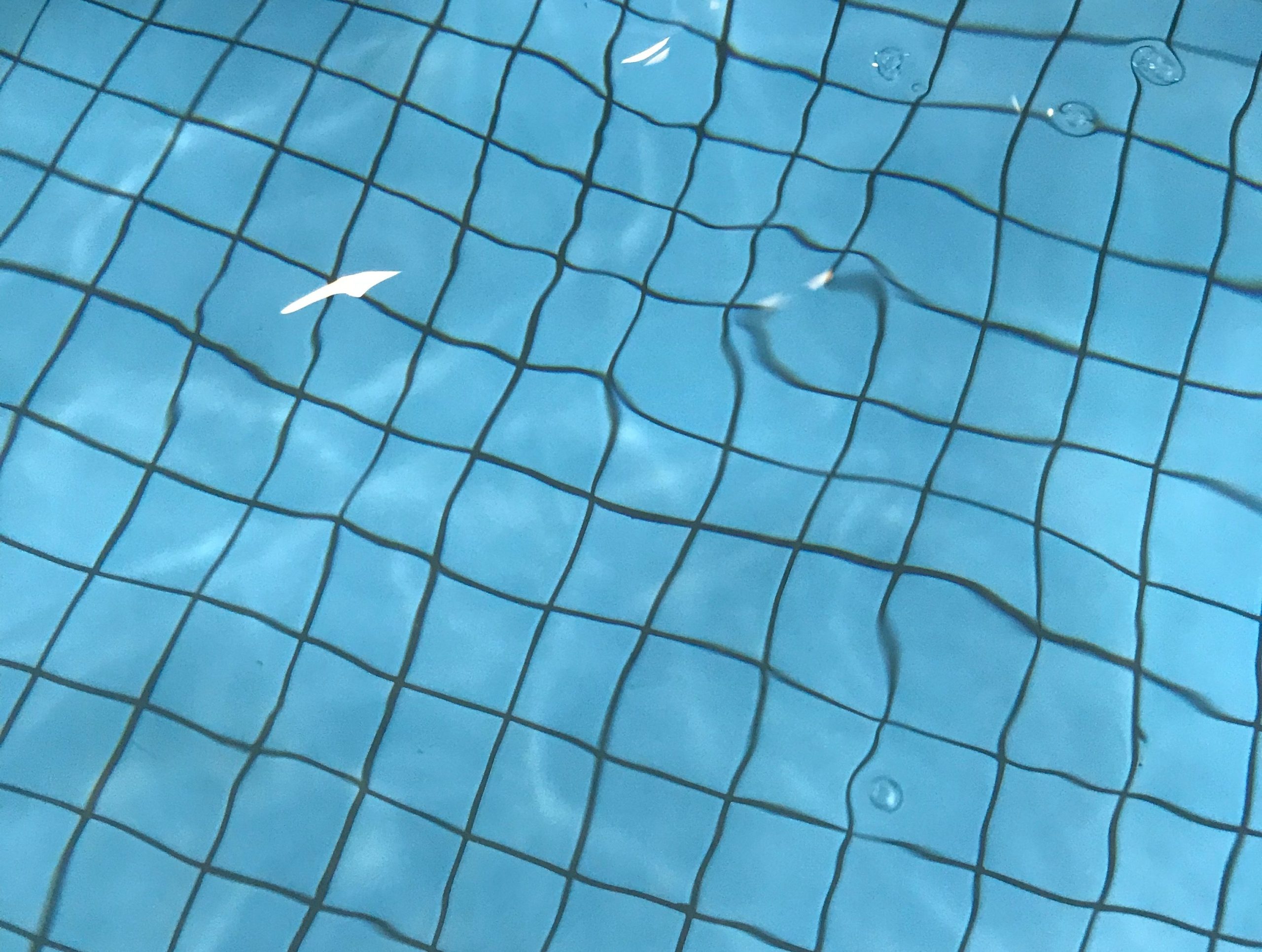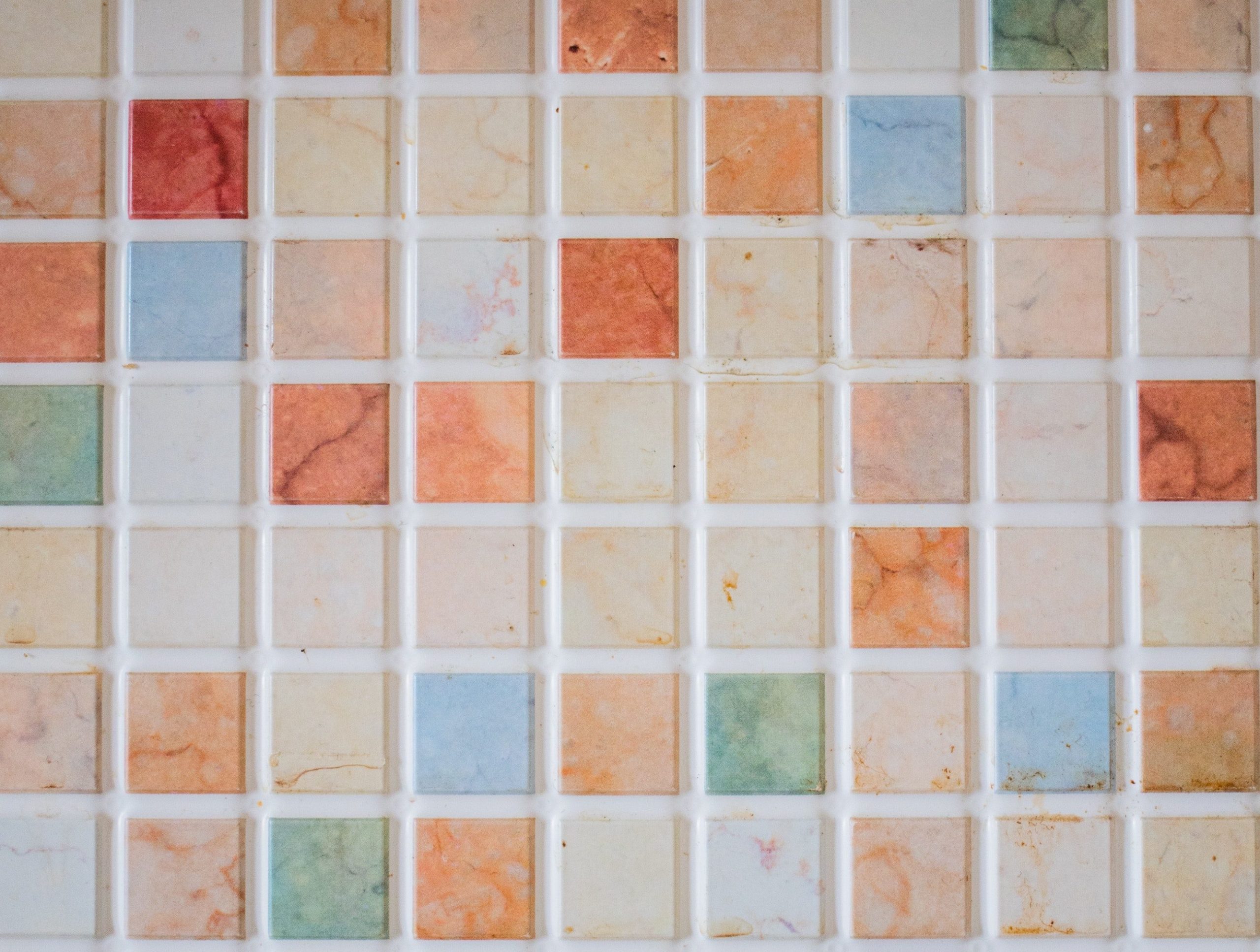
Cement grout is another popular option, and it is made from sand, cement, and water. It is one of the first options that came out and an older product. It is the most commonly used grout for tile installations because it offers excellent adhesion, strength, and a uniform color. Cement grout is also very easy to work with and can be used in wet and dry areas. However, cement grout can be difficult to clean, and it can be susceptible to staining and discoloration over time.
Unsanded grout is a type of grout specifically designed for use in areas where sanded grout cannot be used, such as with glass tiles, porcelain tiles, or marble tiles. It is made from a mixture of Portland cement, water, and other additives, and it is designed to create a strong bond between tiles without damaging them. Unsanded grout is available in a variety of colors, and it is easy to apply and maintain. It is also resistant to staining, cracking, and discoloration, making it a great choice for areas that are exposed to moisture or humidity.
Polymer-modified grout is a combination of cement and a polymer, which helps increase its strength and flexibility. It is also resistant to water, humidity, and staining, and it offers superior adhesion and color uniformity. Some of the brands of grout that we’ve used that are in this category are: Custom, Mapei, Laticrete, Flextile. Polymer-modified grout is also easy to apply and clean, and it won’t shrink or crack over time. Here you can find some of the projects we’ve used this product on.

Silicone grout is a newer type of grout that is becoming increasingly popular. It is a rubberized material that is flexible and offers excellent adhesion and color uniformity. It is also resistant to water and humidity and is easy to clean and maintain. However, silicone grout may be more expensive than other grout options and may require special tools for installation.
When it comes to choosing the best grout for your tile installation, it really depends on the type of tile you are using, the area where it will be installed, and your budget. Epoxy grout is an excellent option for most commercial tile installations, as it offers superior strength and color uniformity. Cement grout is also an ok choice and is easy to work with. However, if you are looking for a more durable grout, then polymer-modified grout or silicone may be the best choice. Whichever grout you decide to use, make sure to follow the manufacturer’s instructions for proper installation and maintenance.


